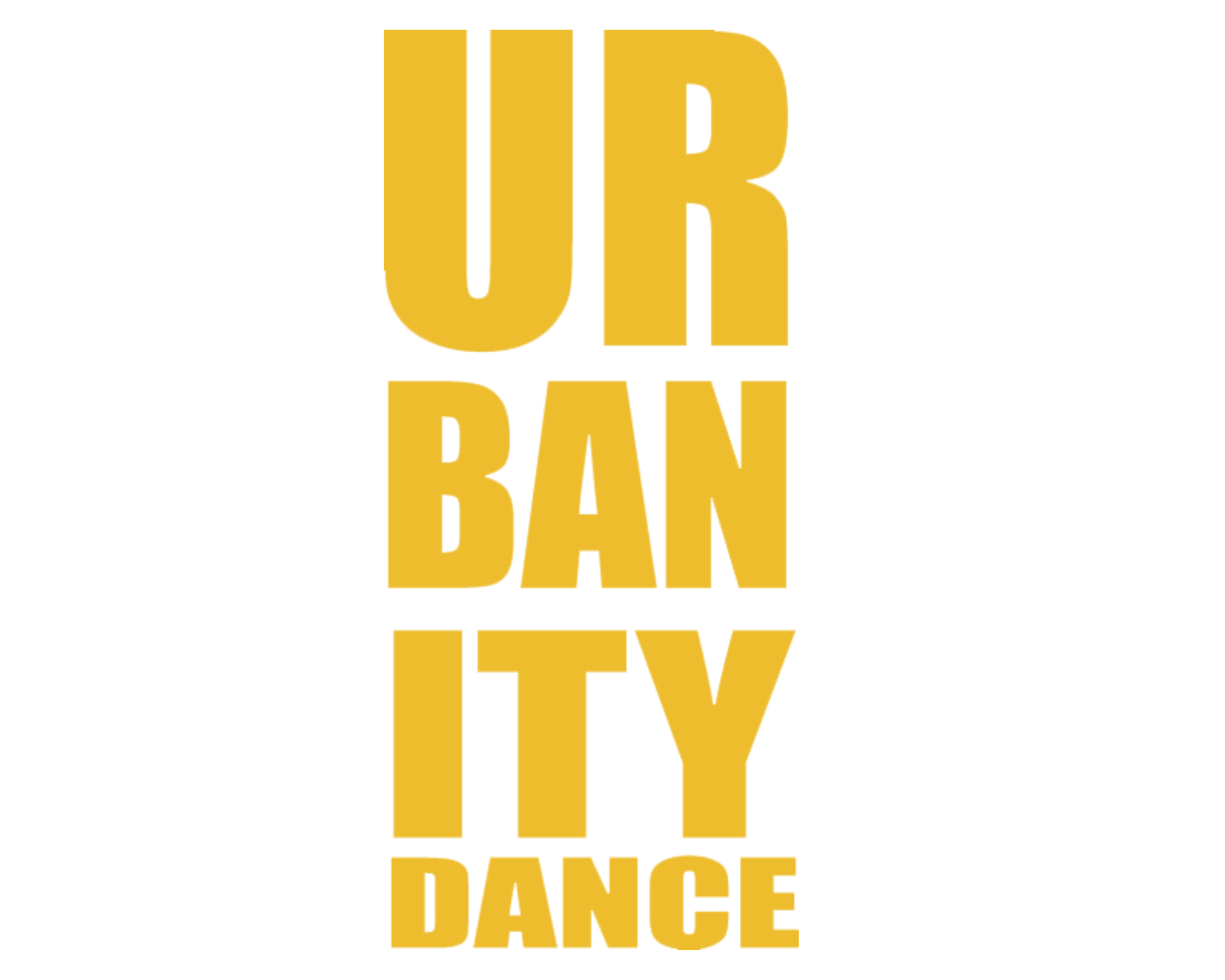Work-Study Program
Urbanity Dance’s Work-Study program provides our Adult Program students with the opportunity to work in exchange for free dance classes! Duties include customer service such as checking in students and knowing how to access student records, as well as general office work such as cleaning, answering phone calls, relaying messages to staff members, and providing basic information to the public. Cleaning or maintenance duties require work-study students to arrive 30 minutes before each class and to stay 15-30 minutes after class ends. Work-study participants are “on-call” during class to open the door, answer the phone, and support faculty with technology. Our work studies are very important to our organization. Volunteer your time in exchange for free dance classes, administration experience, and the chance to join our tight-knit community!
Students work a shift (approximately 2 hours) in exchange for one free class within our Adult Program (seasonal session and/or drop in classes). Workshops and special master classes are not included. Perks for our work studies are free class, 1 free ticket to each Urbanity-produced performance during the work-study’s session, connection with Urbanity's network, and arts administration experience.
Requirements:
Applicants must commit to a minimum of one adult session
Proficiency in English (Spanish is a plus, but not required)
Prior experience in customer service
Proficiency in Google Software
Interested?
Send a brief email with a little about yourself and your interest in this role as well as your schedule availability to jay@urbanitydance.org. You will be contacted based on qualifications and availability.
Please note that criminal record information (CORI) and sex offender registry (SORI) background checks will be completed. Urbanity Dance is an Equal Opportunity Employer and is committed to building a diverse, inclusive staff. We especially encourage applications from BIPOC individuals, people with disabilities, members of the LGTBQIA+ community, and people with lived experiences including but not limited to houselessness, incarceration, substance recovery, economic instability, or food insecurity.
